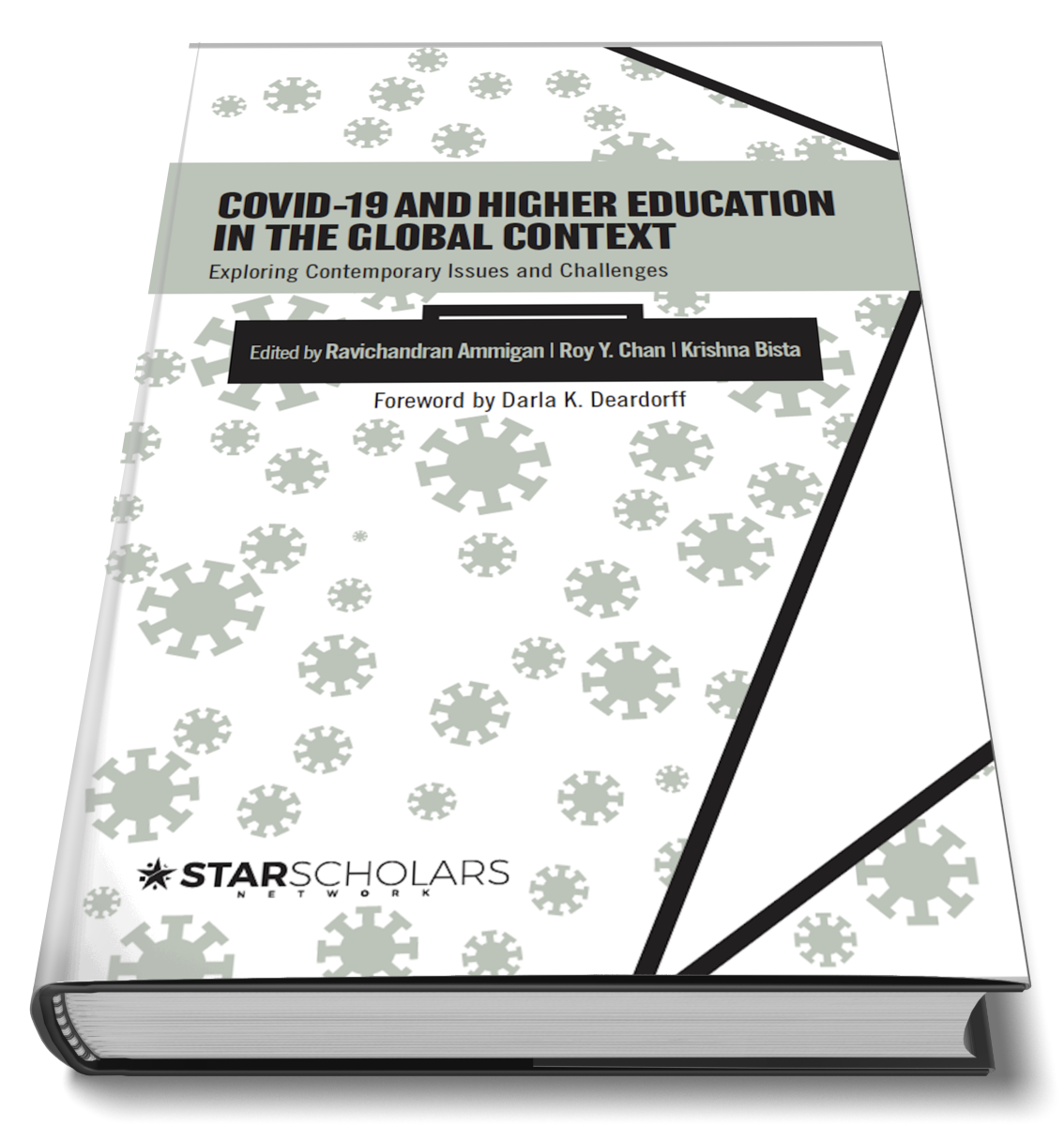The Evolution Revolution
The Application of a Leadership Adaptation Continuum to the Future of Global Higher Education Post COVID-19
Abstract
Viewing the COVID-19 crisis with the application of a leadership adaptation continuum provides insight into tracking systemic and environmental issues that could affect future educational sustainability. Leadership in higher education involves hedging in response to punctuated bursts that challenge educational stasis. Principles from the evolutionary theory of punctuated equilibrium illustrate leadership speciation that emerged during the fall of 2019 in Wuhan, China. Using an interdisciplinary phenomenological approach, the authors pulled concepts of evolutionary biology, business, and higher education leadership to understand the leaders’ position on our leadership adaptation continuum model before and after the crisis, along with the association to varying leaders’ response strategies; prevention-focused leadership, promotion-focused leadership, pragmatic leadership, and progressive leadership. By cross cutting our approach through different disciplines, new approaches to identifying future leaders that are adaptable and responsive can assist educators in surviving and succeeding during uncertain times.
How to cite this chapter:
Silveus, A., & Ekpe, L. (2022). The evolution revolution: The application of a leadership adaptation continuum to the future of global higher education post-COVID-19. In R. Ammigan, R. Y. Chan, & K. Bista, (eds)., COVID-19 and higher education in the global context: Exploring contemporary issues and challenges (pp. 11-24). STAR Scholars. https://starscholars.org/product/covid-19-and-higed/

